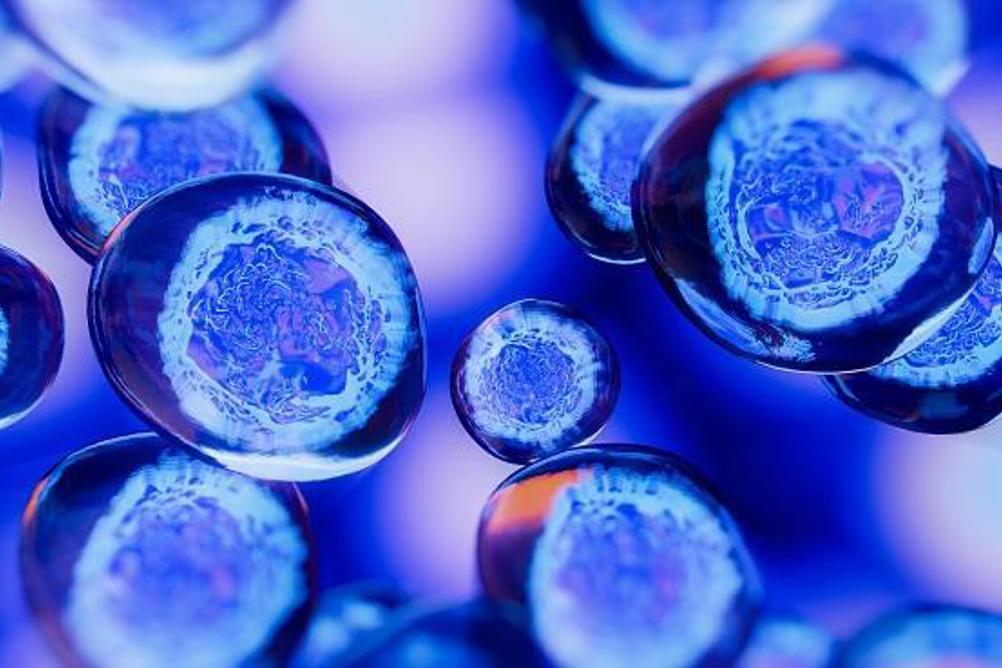
Navigating the complex streets of some cities is certainly difficult without maps. We use all sorts of information, from maps on our cell phones to familiar stores and landmarks, to know where we are. Cells in our bodies face a similar problem when building our organs during embryogenesis. They need instructions on where to go and how to behave. Luckily, like cell phone towers in a city, embryos feature special cells in specific locations, known as organisers, that send signals to other cells and help them organise to build our complex organs.
Some of these signals are molecules sent from the organiser, a privileged signalling centre. Cells around it receive stronger or weaker signals depending on their location, and they take decisions accordingly. Errors in the location of these messaging centres in the tissue lead to embryonic malformations that can be fatal.
Register now to continue reading
Thank you for visiting Dental Nursing and reading some of our resources. To read more, please register today. You’ll enjoy the following great benefits:
What's included
-
Up to 2 free articles per month
-
New content available
Already have an account? Sign in here
